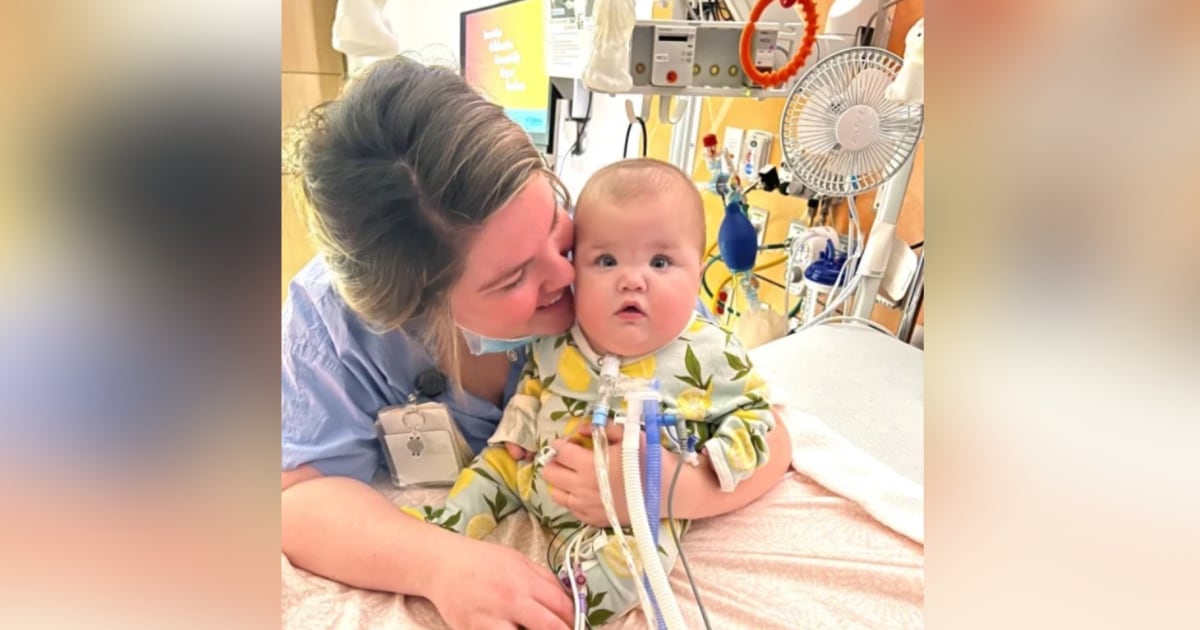"Juli, you are right when you say that you do not want to choose between your two parents. You have the right to keep both of them: Father Roberto and Daddy Jorge. You are also right in not allowing the greats to demand that kind of choice. No there is nothing to choose. " An Argentine judge included these words in an unpublished sentence, in which for the first time the existence of three legal parents - two fathers and one mother - has been recognized without being an adoption case or in which it has been given birth through assisted fertilization techniques.
Juli (fictitious name to protect the identity of the girl) divides her time between two houses in Amaicha del Valle, in the northern province of Tucumán. From Monday to Friday she lives with Jorge, the man who recognized her as a daughter at birth. He spends his weekends with his biological father, Roberto. He maintains constant communication with his mother, Lucia, and his two younger brothers, but does not live with them.
Months ago, Roberto began a legal process to challenge Jorge's affiliation, and Juli was summoned before family judge Mariana Josefina Rey Galindo. "Don't make me choose, please," he pleaded with the magistrate. He told him that they were both his parents, that he shared his life with both of them, and King Galindo decided to respect his will.
"I will legally recognize that right to have your parents in the papers (to both of you) and to recognize the right to live that way and as a family. This means that I will make the State register your birth certificate to Roberto, in addition to Jorge and Lucía, "Judge Mariana Josefina Rey Galindo wrote in her ruling, issued on February 7.
As a result of the sentence, the Civil Registry of Catamarca must modify Juli's birth certificate and state in it that she is the daughter of Jorge, Roberto and Lucía. Roberto must be added as one more parent and not as a margin clarification, as specified.
"They three have the same rights and obligations (they with you and you with them)," continues the fragment of the sentence addressed to Juli. In the document, the magistrate detailed the obligations of the three parents with her: "Take care of yourself, accompany you in life and ensure your physical and economic well-being (food, housing, studies, etc.). Among them they should organize to take care of you ( authorizations when you travel abroad or if you decide to get married before the age of 18, communication rights with you, personal care, and those things you know?) ".
Background
The first case of triple affiliation recognized in Argentina dates back to 2015, when Justice recognized as mothers a couple of women who had a child by artificial insemination and as a father, the friend who was the sperm donor.
Rey Galindo's office is decorated with drawings made by some of the children who, like Juli, are cited by the Justice of this region of northwest Tucumán. "She presented the solution by telling me: 'Don't make me choose,'" he said.
The judge was already news half a year ago when, in another unprecedented ruling and also written in simple and direct language, she accepted the change of last name requested by a teenager who had been raised by a family other than her biological parents, with whom I had no link. That 13-year-old teenager became the first adopted son of his parents in Argentina.









/cloudfront-eu-central-1.images.arcpublishing.com/prisa/Z45E6KV7VJGUXAKJWH7VA4NJSE.jpg)




